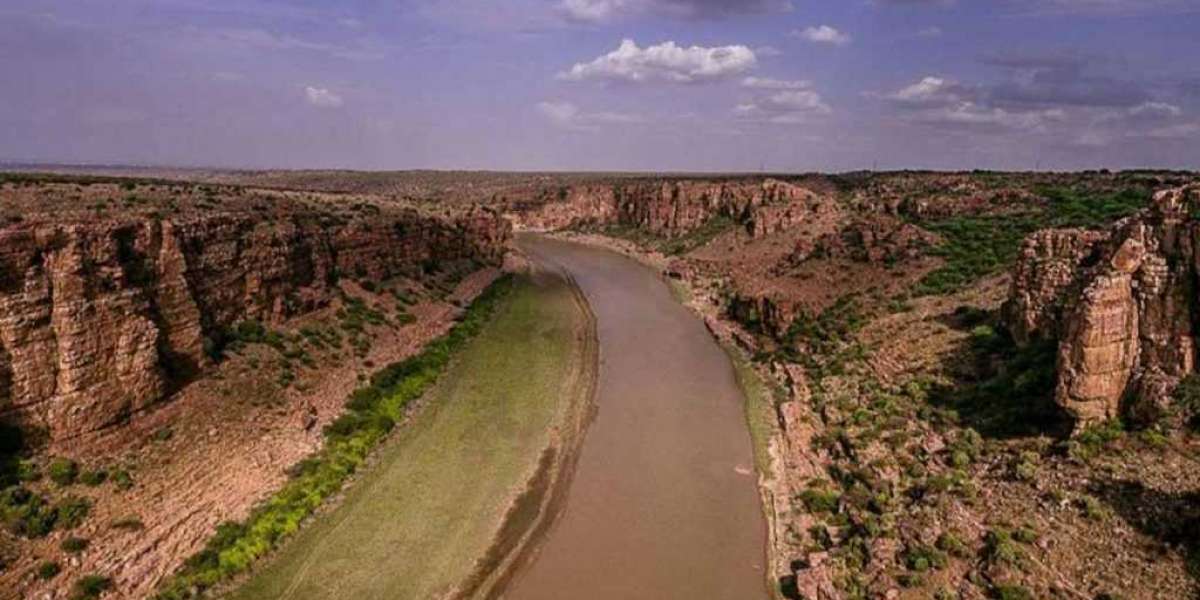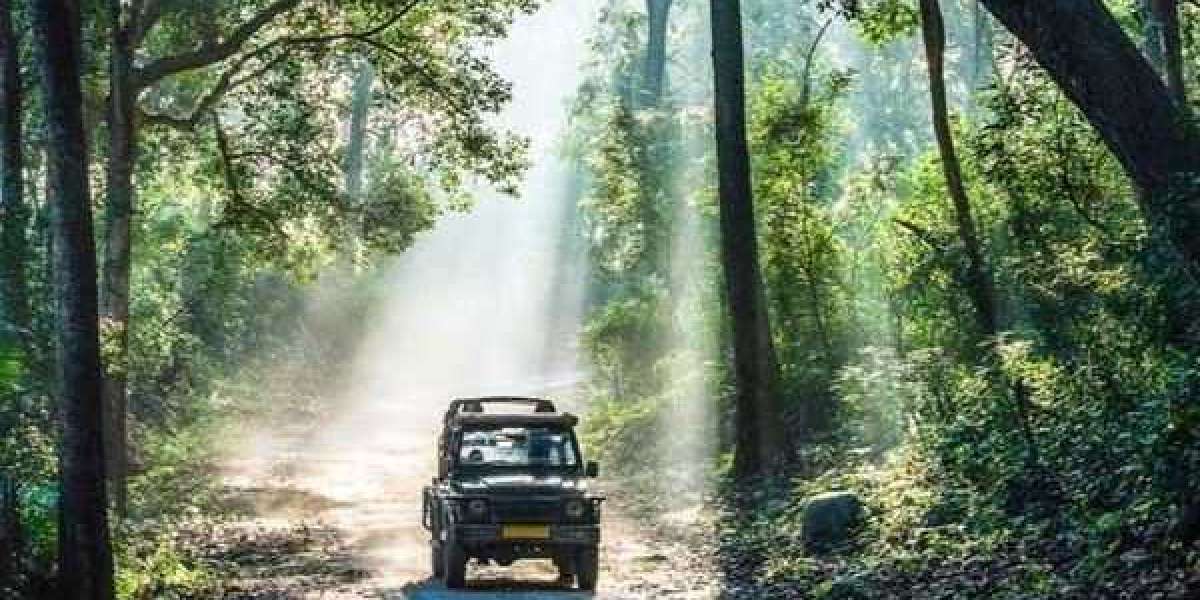How was it formed? A gorge in any valley is formed from the source of water that flows between the gigantic slabs of rocks. The Gorge is formed out of the result of erosion of rocks over a greater period of time. The flowing rivers lead to the cutting of the rocks that further lead to the gorges forming over a period of centuries. One of the most difficult things for the human mind to ever imagine is how a process happened over a larger period of time that led to the formation of a huge gorge. The swift flow of water led the water to cut a very deep trench through a landscape that further exposed off many layers of rock that led to the magnificent creation of what we know today as the Grand Canyon of India.
The Grand Canyon of India offers you with many natural discoveries that are perfect to explore and enjoy. Following are the things that you can plan to check out while touring around the gorge.
- The famous ruins of the Gandikota fort spread itself on a vast area of land. Built-in the thirteenth century entirely with red stones which consists of beautiful palaces adorned with stunning carvings, a few perennial springs that help in irrigating the fostered vegetation. A tall five-mile wall guards the entire vicinity of the Gandikota Fort.
- The beautiful gorge of the Grand Canyon of India hosts the serene flow of the Pennar river. Watching it take turns and forms smooth curves into the gorge is one of the most beloved sites to witness. Similar to the Grand Canyon in Arizona, USA, this Grand Canyon has the same structure.
- An hour away from the Gandikota Canyon will lead you right next to the second largest caves in India, the Belum Caves. Located in the Kurnool district of Andhra Pradesh, the caves measure a great height of 10,594 feet. These black limestone caves have been estimated to be formed millions of years ago that today offer the perfect exploration opportunities to adventurers and history buffs.




Destiny Isaac 2 w
Hot 🥵